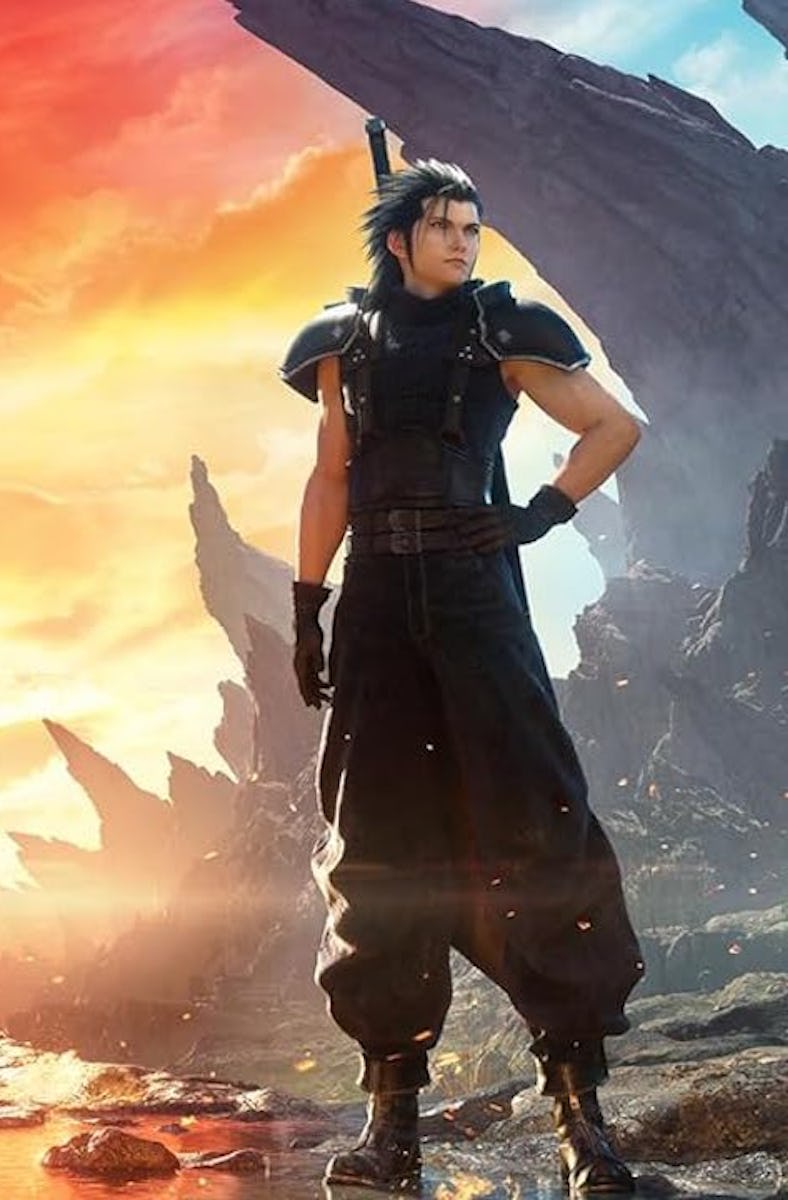Square Enix's Strategy Change Proves Console Exclusives Just Don't Work Anymore
The times are changing.

Alongside its most recent financial results, Square Enix has announced a massive company reboot that sees the publisher move away from console exclusives and “aggressively” pursue multiplatform games. On top of this, Square Enix has also said it is shifting from quantity to quality, refocusing its efforts on big catalog titles, instead of the wealth of smaller games it’s been releasing over the last few years. These changes in strategy honestly feel like a long time coming, but looking past just Square Enix itself, this pivot could be the final nail that proves the console exclusive as we know it is done — unless you’re Nintendo.
In new financial results, Square Enix reported that digital entertainment sales, including video games, rose by 2.6%, but profit fell by 15.8%. On HD games, the company saw a massive operating loss of ¥8.1 billion (approximately $51.9 million). What all this boils down to, is that the profits of games like Final Fantasy XVI, Foamstars, and Final Fantasy 7 Rebirth simply didn’t cover the ever-rising costs of development. It’s no secret that the costs of AAA game development continue to inflate at an alarming rate, and while we don’t have exact numbers for any of these games, it’s now clear that being limited to a single console hasn’t helped these games recoup their costs.
Square Enix has released dozens of smaller games ov er the last two years, and that strategy is apparently changing in favor of bigger AAA multiplatform releases.
Square Enix was one of the last big third-party developers still releasing console exclusives: the likes of Capcom, Bandai Namco, EA, Ubisoft, and more have long adopted multiplatform releases for almost everything. More than that, Microsoft and Sony themselves have started heavily moving away from the traditional console exclusive.
Microsoft is the most obvious, with the company recently bringing four Xbox exclusives to Nintendo Switch and PlayStation 5, including Hi-Fi Rush, Pentiment, Sea of Thieves, and Grounded. During an earnings call in April 2024, Microsoft CEO Satya Nadella said Xbox games were performing well on the PlayStation Store and reiterated a commitment to “meeting players where they are.” While we haven’t seen official confirmation of more Xbox exclusives moving to other platforms, it looks overwhelmingly likely.
PlayStation is making its own moves by bringing a wealth of exclusives to PC, including Ragnarok, Horizon: Forbidden West, Ghost of Tsushima, and more. Helldivers 2 also marked a momentous occasion, a cross-play multiplayer game available on PS5 and PC the same day.
Even the companies that make the consoles are experimenting with new ways to get games to a larger audience, which raises some realistic questions about how feasible console exclusives are today. Previous generations, like Xbox 360 and PS3, were dominated by the idea of games you could only get on specific consoles. But that idea just doesn’t seem feasible anymore, as more players are gravitating toward the big live service games, mobile, and handheld platforms like Switch and Steam Deck.
Nintendo is the only company that has proven it can still play in the exclusive game, but that’s because the company’s entire identity revolves around experiences only it can provide. People buy Nintendo consoles for things like Mario and Zelda, but more and more it looks like the same can’t be said for PlayStation and Xbox. A report from Newzoo released in April showed that 80 percent of video game playtime in 2023 was dominated by 66 games, and 60 percent of that came from games six years or older, like Fortnite, Call of Duty, and Roblox.
Players continue to spend more time on older games, like Fortnite, making it harder than ever for new releases, especially multiplayer games, to gain traction.
In order to get games in front of more people it’s simply a necessity to release them on as many places as possible. Square Enix's deals with Sony for Final Fantasy XVI and Rebirth were likely put in place years ago, but it’s heartening to see Square Enix making a smart business decision to try and correct course.
The industry continues to go through drastic changes: studios being closed, projects canceled, and massive games not making returns on investment. The cost of making games is higher than ever, and it seems like console exclusives as we know them are destined to disappear.